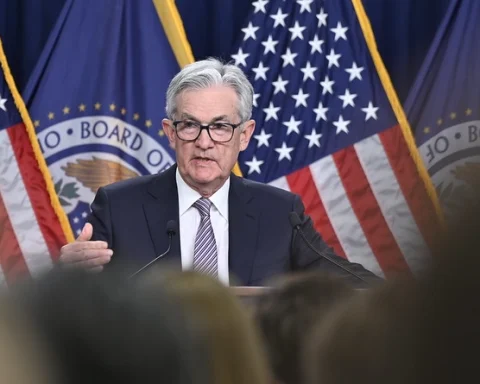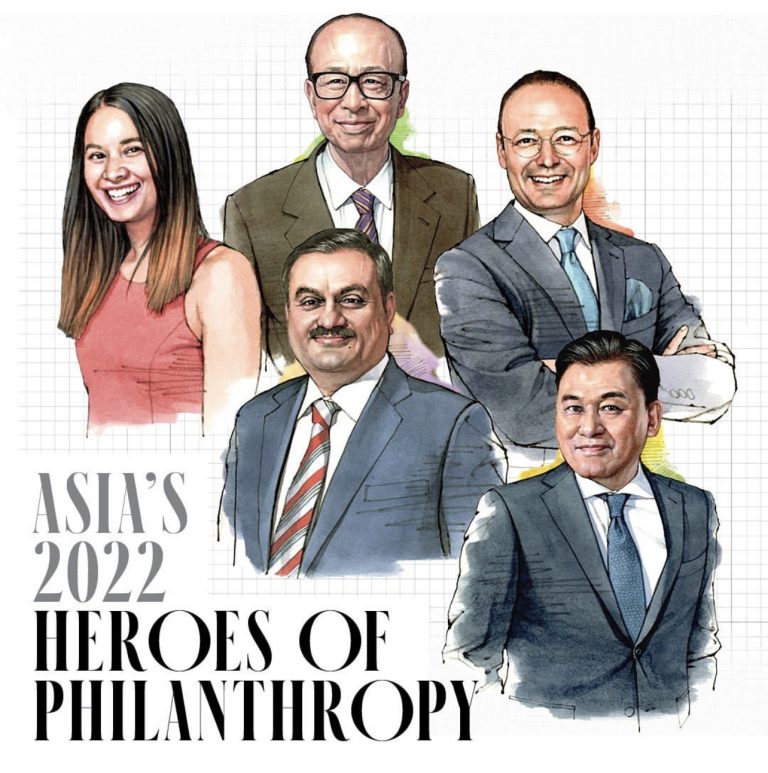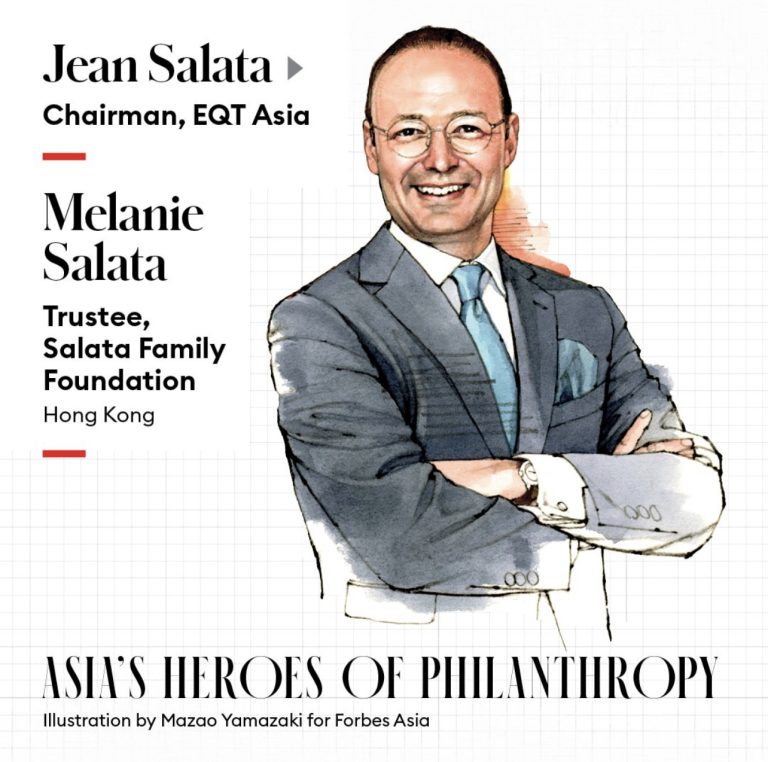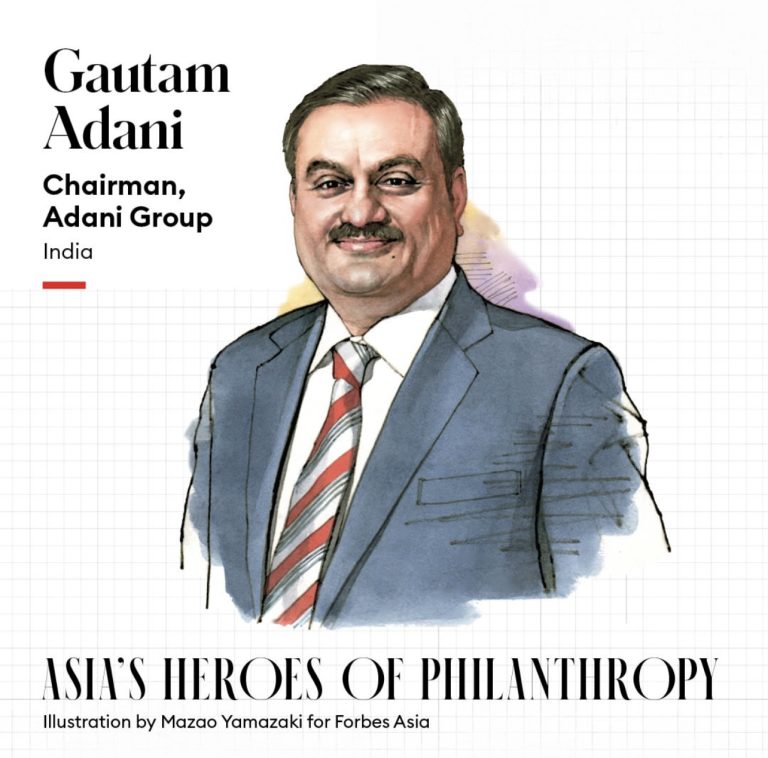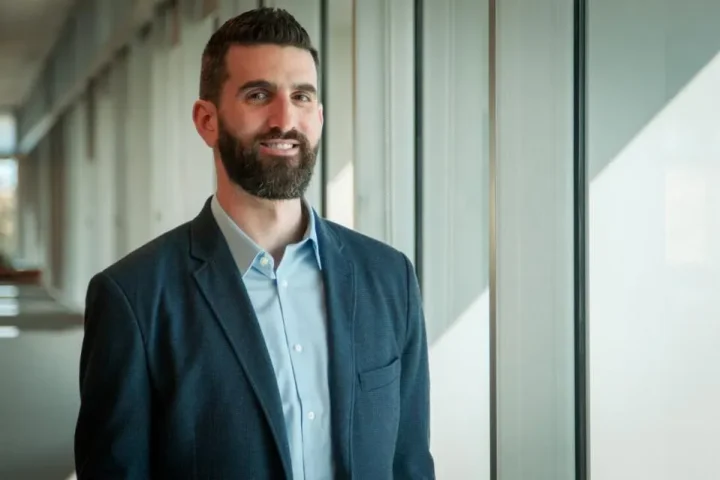Introduction
The Philippines is set to refocus its attention on economic development following the World Health Organization’s (WHO) declaration of the end of the COVID-19 emergency. President Marcos expressed his optimism about the new phase, highlighting the lessons learned during the pandemic and the need to prioritize the country’s economic growth and the welfare of its citizens. This article explores the Philippines’ shift in focus, the decision to move away from strict lockdown measures, and the government’s collaboration with the Asian Development Bank (ADB) to pursue development goals, including infrastructure and climate change mitigation.
Transitioning from Crisis to Recovery
With the WHO declaring the end of the COVID-19 emergency, the Philippines enters a crucial phase of transitioning from crisis management to economic recovery. President Marcos emphasized the importance of learning from the challenges faced during the pandemic. The country can now redirect its efforts and resources towards rebuilding the economy and improving the lives of ordinary Filipinos. This shift in focus presents an opportunity for the government to implement strategic policies and initiatives that will drive sustainable growth and create a more resilient society.
Moving Away from Hard Lockdowns
Under the leadership of former President Rodrigo Duterte, the Philippines endured one of the world’s longest and strictest lockdown measures. However, President Marcos has taken a different approach, recognizing the need to balance public health and economic stability. Since assuming office in June 2022, Marcos decided to do away with hard lockdowns, opting for targeted restrictions and measures to control the spread of the virus while allowing economic activities to continue. This approach aims to prop up the local economy and minimize the adverse impact on businesses and livelihoods.
Collaboration with the Asian Development Bank
To navigate the post-pandemic world successfully, President Marcos sought the assistance of the Asian Development Bank (ADB). In a meeting with the ADB’s board of governors, the Philippine government expressed its commitment to work closely with the bank to achieve high-priority development goals. These goals encompass crucial areas such as infrastructure development and efforts to mitigate the effects of climate change. By collaborating with the ADB, the Philippines aims to leverage its expertise, financing, and technical assistance to drive sustainable economic growth and address pressing challenges.
Infrastructure Development as a Priority
Infrastructure development is a key focus for the Philippines as it seeks to stimulate economic growth and enhance connectivity. The government recognizes the importance of investing in infrastructure projects that will drive productivity, create employment opportunities, and improve the overall quality of life for Filipinos. Through strategic partnerships with the private sector and international institutions like the ADB, the Philippines aims to accelerate infrastructure development, particularly in transportation, energy, and digital connectivity, to unlock the country’s economic potential.
Mitigating Climate Change Effects
Climate change is another crucial area that the Philippines aims to address as part of its development agenda. The country is highly vulnerable to the impacts of climate change, including extreme weather events, rising sea levels, and environmental degradation. By working closely with the ADB, the government seeks to implement sustainable and climate-resilient solutions. These efforts include promoting renewable energy, adopting sustainable land and water management practices, and enhancing disaster preparedness and response mechanisms. The Philippines aims to build a greener and more sustainable future while mitigating the risks posed by climate change.
Conclusion
As the WHO declares the end of the COVID-19 emergency, the Philippines embraces a new phase of recovery and economic development. President Marcos highlights the importance of drawing lessons from the pandemic and refocusing priorities on the betterment of the lives of ordinary Filipinos and the growth of the economy. By moving away from strict.
Read More:-World Bank Affirms Commitment to Philippines’ Development Agenda



